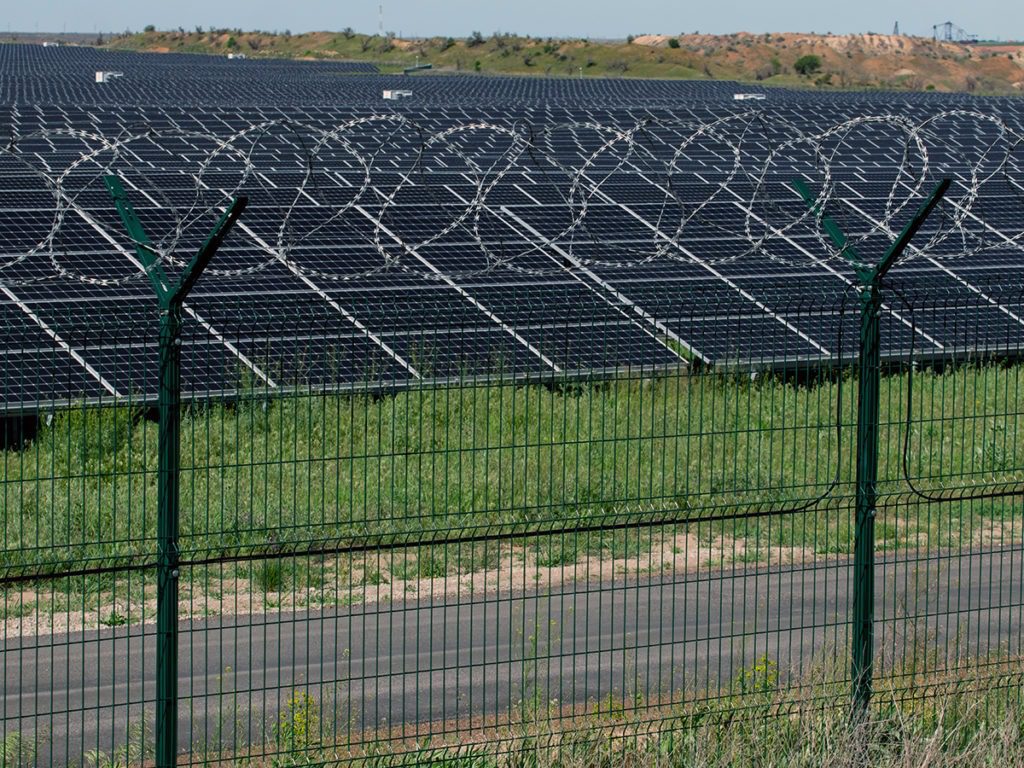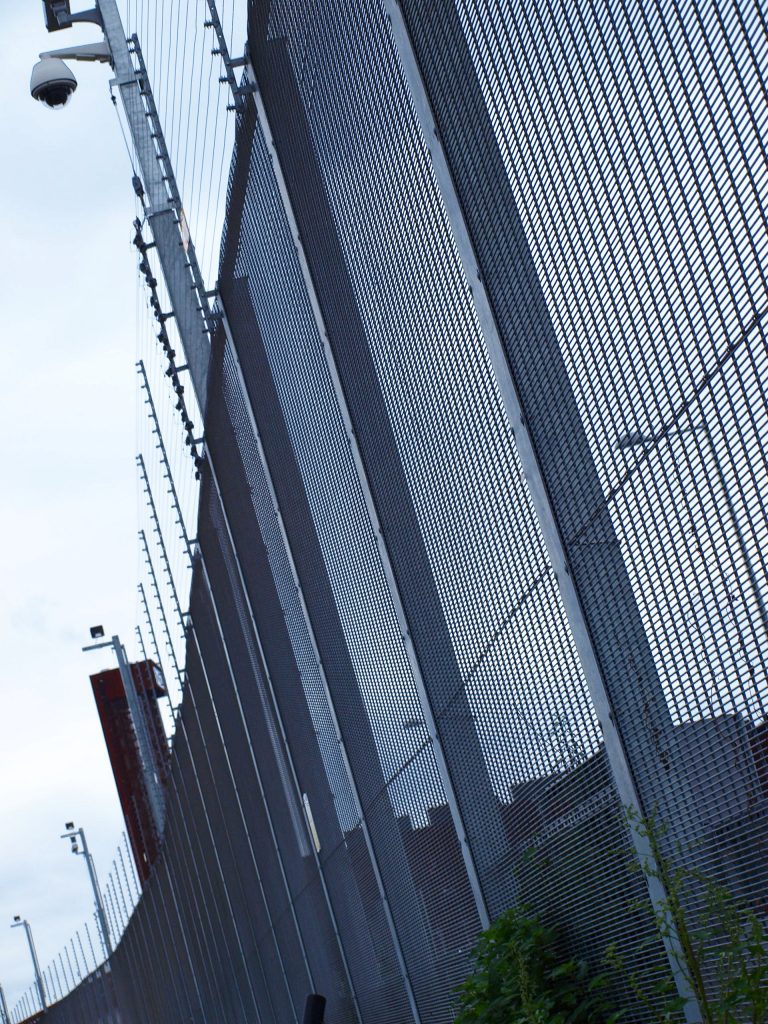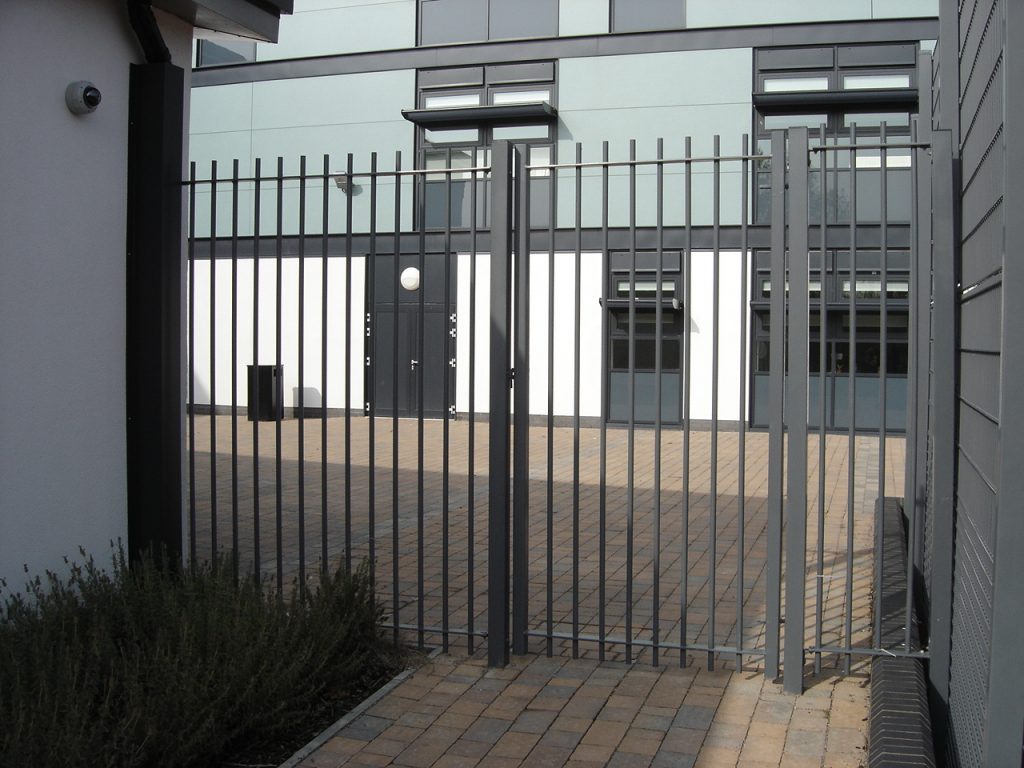When running any company or operation, security and safety are paramount. However, when it comes to running a port, which is an environment full of valuable goods and a prime location for those who want to smuggle illegally, the value of adequate security protocols only becomes more apparent.
To run a port that can function effectively and garners a reputation for being entirely focused on safekeeping all manner of products and goods, choosing the right sort of fencing is absolutely vital. In this article, we’ll take a look at exactly what you need to think about when it comes to choosing your first line of defence.
1. It needs to demarcate
The minimum you should expect from a fence is that it can identify boundaries. The first thing a fence at a port should do is inform people of where exactly the port begins and what land cannot be ventured onto without either a valid pass or a valid reason.
2. Fencing for a port needs to be a deterrent
This is far more important at places like ports and airports than at other locations, but it should never be forgotten that a fence at such places must be a valid deterrent. Simply by its very presence, it should present a substantial enough obstacle that would-be thieves or criminals will be dissuaded from any attempts to circumvent it.
3. It needs to be able to delay
Of course, a deterrent is only the first line of the fence’s defence capabilities; if an intruder is determined to overcome a fence, and they are dedicated to their endeavour, they will ultimately be able to, but such fencing should have the capacity to cause significant delays – the best and most effective way of guaranteeing delay is to go down the LPS1175 route, where delay can be determined depending on the threat and toolset you need to mitigate.
4. It needs to be able to detect
If a fence is surrounding an environment that will be attractive to criminals – a port is a perfect example of this – then it needs to have the ability to detect when illicit activity is taking place and then needs to have some way of reporting this. Via the use of perimeter intrusion detection, alarms and CCTV, this can be achieved.
Find out more ways fencing can help protect your premises at Zaun.




